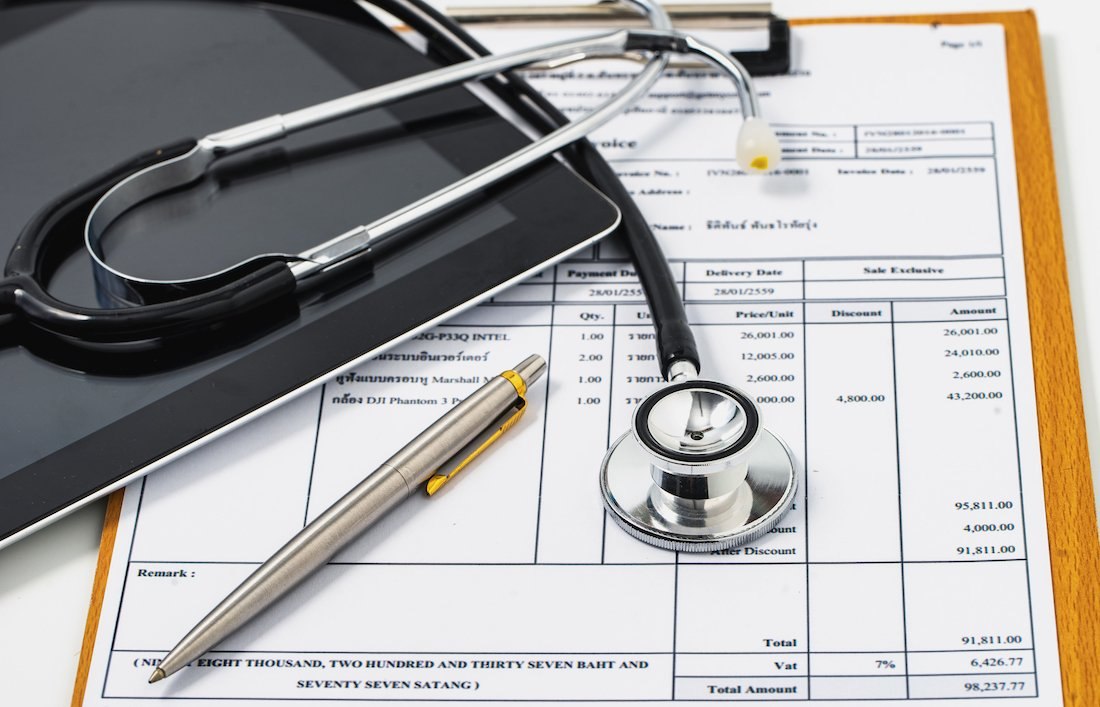
Medical debt: Which global markets will borrow most in the coming year?
The global economic outlook is mixed. In a recent survey, nearly half of respondents said they believed their country would move into economic recession in the next year (46%) and predicted that they would need to reduce discretionary spending to avoid debt (44%). Yet many also believe that they will have to incur some debt in the coming year.
In a poll of 18 global markets, YouGov asked nearly 20,000 consumers what kinds of purchases they thought they would incur debt to pay for in the next twelve months.
A slender majority of consumers (55%) do not foresee taking on debt at all in the next year. Among the remainder, housing is the expense that they’ll most likely borrow money to pay for, at 12%, followed by transportation (9%) and travel (8%).
Smaller expenses such as media streaming services, cosmetics and fitness are at the bottom of the list with 4% of consumers saying they’ll borrow money to pay for each of these.
Health expenses are inherently unpredictable as they’re often incurred in response to accidents or unforeseen diagnoses. Still, nearly one-in-fifteen (7%) global consumers say they’ll likely take on debt this year to cover health costs. This overall number conceals great differences between markets.
Mexico, at 18%, has the highest proportion of consumers who foresee medical debt in the coming year. This is nine times as many as consumers in Britain, for which only 2% predict the same.
Along with Mexico, India (17%) and the UAE (16%) are far more likely than all other markets to say they will need to borrow money to cover health costs.
Europeans are much more sanguine. The seven markets that have the lowest proportion of consumers who expect to take on debt for health services are all in Europe, an area of the world known for generous public healthcare programs. Only 2% of Briton and Danes expect to incur medical debts, and less than 5% of Italians, Spaniards, Swedes and Germans.
North American countries are near the global average of 7%. In the US, 6% of consumers expect a need to borrow money for health services and 8% of Canadians expect the same.
APAC markets have mixed results. Hong Kong and Singapore come in just below the global average at 6% and 5% respectively, which makes them comparable to the higher end of European markets but still below North American countries.
Nearly one in 10 consumers in China (8%), Australia (8%) and Indonesia (9%) expect to take on medical debt this year. Consumers in these markets are more likely to say they expect to take on debt to pay for health services than most countries but well below the top three. The exception, as we have seen, is India at 17%.
Explore our living data – for free
To receive monthly insights about the health and pharma industry register here.
To read YouGov’s latest intelligence on the health and pharma sector explore here.
Make smarter business decisions with better intelligence. Understand exactly what your audience is thinking by leveraging our panel of 20 million+ members. Speak with us today.
Methodology: YouGov Surveys: Serviced provide quick survey results from nationally representative or targeted audiences in multiple markets. The data is based on surveys of adults aged 18+ years in 18 markets with sample sizes varying between 512 and 2034 for each market. All surveys were conducted online in February 2023. Data from each market uses a nationally representative sample apart from Mexico and India, which use urban representative samples, and Indonesia and Hong Kong, which use online representative samples. Learn more about YouGov Surveys: Serviced.